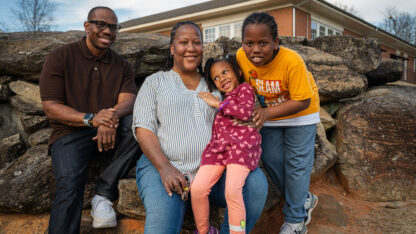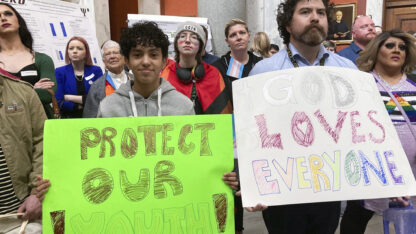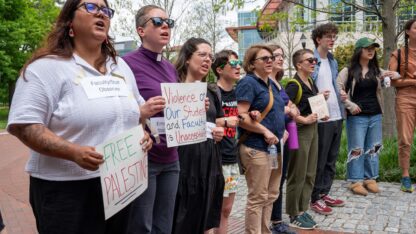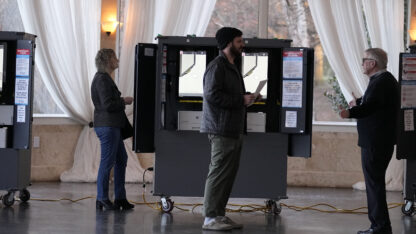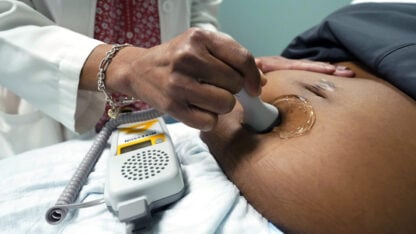Ga. College Students Start Nonpartisan Political Group Aimed At Bridging Divides
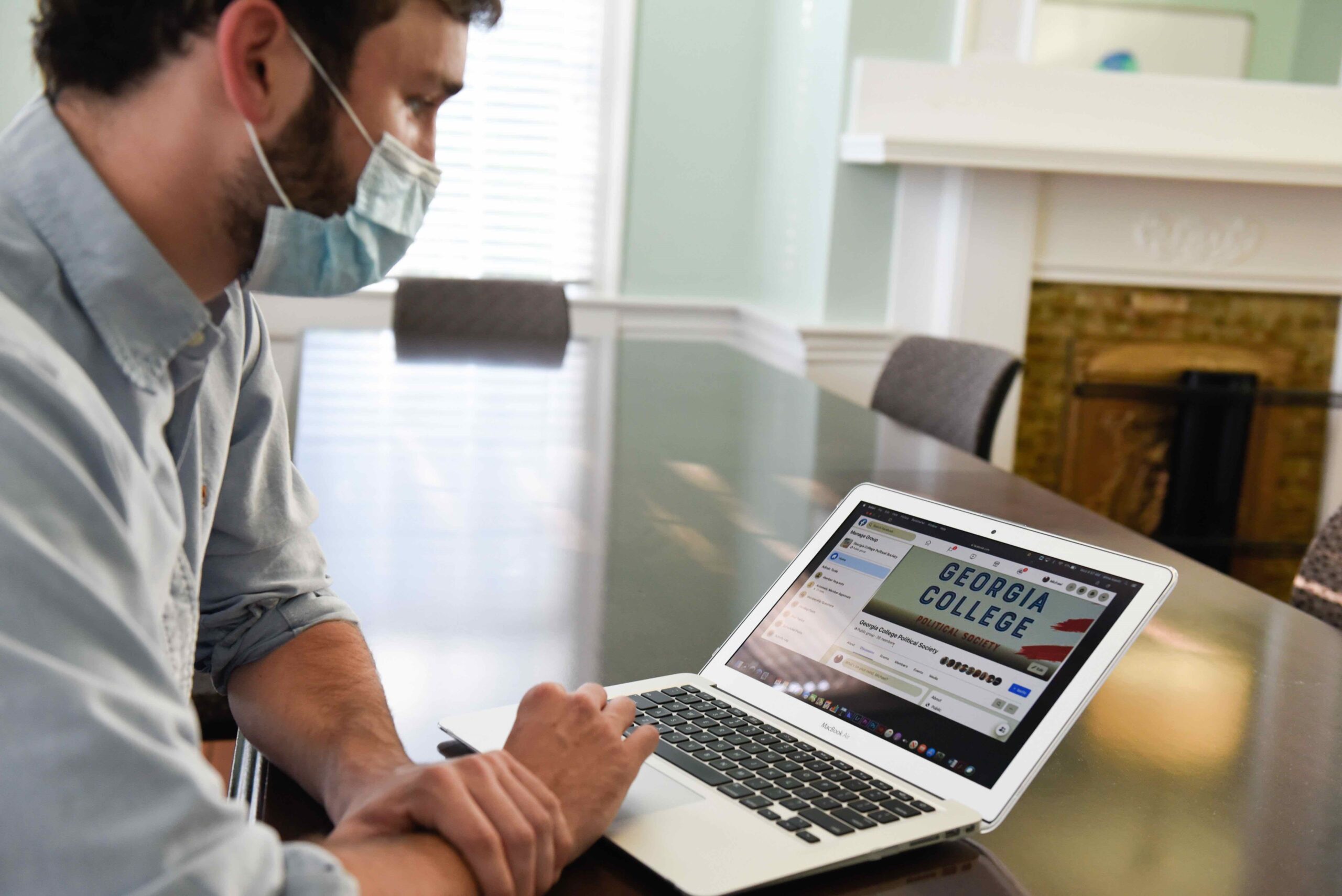
Michael Haug, a senior at Georgia College and State University, co-founded a nonpartisan group where students can discuss political issues.
Georgia College and State University
In a speech Saturday night, President-elect Joe Biden urged Americans to come together after a bitter election season.
“It’s time to put away the harsh rhetoric, lower the temperature, see each other again, listen to each other again,” he said.
Students at Georgia College and State University in Milledgeville formed a group for that exact purpose: to bring students of various political ideologies together to discuss issues.
Michael Haug and Andrew Fierbaugh founded the Georgia College Political Society, a nonpartisan group open to all students interested in politics. Haug says there are plenty of groups on campus for Republicans and Democrats, but for students like him who don’t align neatly with one party, it was tougher to find a space to talk about those issues.
“Politics is a topic where … it’s kind of like religion,” he says. “People tell you, ‘There’s a time and place for that, not right now, anytime else other than now,’ but very seldomly … are people provided those places to talk about politics and to talk about those political issues they care so much about.”
Haug describes himself as a “political skeptic.”
He and Fierbaugh started the group last spring, right before COVID-19. So, most of its events — like meetings, panels and debates — have been virtual. Now, GCPS is an official campus organization. Haug estimates the group has about 50 regular members. About 67 people have joined the GCPS Facebook page.
For those who may wonder how their families will be able to have civil political discussions during the upcoming holidays, Haug says GCPS has put some guardrails in place.
“It’s a requirement of our club that if you come on and intend to debate or discuss politics, that you do so civilly,” he says. “No ad hominem attacks, nothing personal. You can critique someone’s arguments without bringing up who they are as a person very easily.”
Haug says it’s also important to him to focus on building camaraderie and friendships within the group. He even pushes some members to disagree.
“I think that’s a message that’s really missing,” Haug says. “It’s like a cliche of like, ‘Oh, yeah, we shouldn’t all be friends because of how diametrically opposed we are to what they think.’ That’s a really common trope.”
Haug wants GCPS members to know that it’s OK for friends to disagree.



